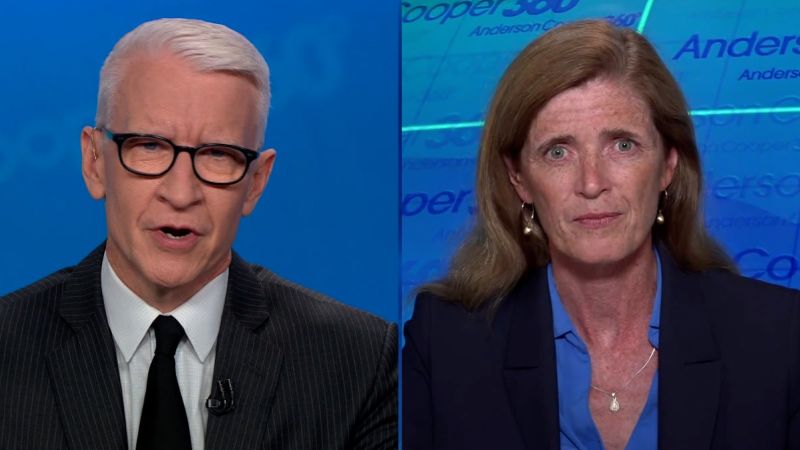In a stark warning, former USAID Administrator Samantha Power has sounded the alarm over proposed funding cuts to the United States Agency for International Development (USAID). Power cautioned that these reductions could have “devastating” consequences, potentially leading to millions of deaths worldwide. Her comments come amid ongoing debates in Washington over budget allocations for foreign aid.
Power, who led USAID from 2013 to 2017, expressed grave concerns about the impact of slashing budgets for life-saving programs. “The gutting of the agency would have catastrophic effects,” she stated, emphasizing the critical role USAID plays in global health, disaster relief, and poverty alleviation.
The Role of USAID in Global Health
USAID has long been a cornerstone of the United States’ international development efforts, providing aid to countries in need and supporting programs that address health crises, food security, and economic development. The agency’s initiatives have been instrumental in combating diseases such as HIV/AIDS, malaria, and tuberculosis, as well as responding to natural disasters and humanitarian emergencies.
According to USAID, its health programs alone have saved millions of lives over the past few decades. The agency’s efforts in distributing vaccines, improving maternal and child health, and strengthening health systems have been pivotal in reducing mortality rates in developing countries.
“USAID’s health programs have saved more than 6 million lives since 2000,” the agency reports, highlighting the potential impact of funding cuts.
Potential Impact of Funding Cuts
The proposed budget reductions come as part of a broader effort to reallocate government spending. However, critics argue that cutting foreign aid is short-sighted and could undermine global stability. Power’s warning underscores the potential humanitarian crisis that could unfold if these cuts are implemented.
Experts in international development echo Power’s concerns. Dr. John Nkengasong, Director of the Africa Centers for Disease Control and Prevention, noted that USAID’s support is crucial for many African nations. “Without this aid, we risk reversing decades of progress in health and development,” he said.
“The absence of USAID’s funding could lead to a resurgence of diseases we have worked hard to control,” Nkengasong added.
Historical Context and Comparisons
This isn’t the first time USAID has faced budgetary threats. Historically, the agency has navigated periods of financial uncertainty, often relying on bipartisan support to maintain its operations. During the 1990s, similar budget cuts were proposed, but a coalition of lawmakers and advocacy groups successfully lobbied for continued funding.
Comparatively, the current political climate presents new challenges. With increasing isolationist sentiments and a focus on domestic priorities, foreign aid programs are more vulnerable than ever. The debate over USAID’s funding reflects broader questions about America’s role on the global stage and its commitment to international cooperation.
Looking Ahead: Implications and Next Steps
The potential consequences of these funding cuts extend beyond immediate humanitarian concerns. Experts warn of long-term geopolitical implications, including increased instability in regions that rely on USAID’s support. Furthermore, the reduction in aid could diminish the United States’ influence in global health and development initiatives.
As Congress deliberates on the budget, advocacy groups are mobilizing to defend USAID’s funding. Organizations like the ONE Campaign and Global Health Council are urging lawmakers to recognize the strategic importance of maintaining robust foreign aid programs.
Power’s warning serves as a call to action for policymakers and the public alike. As the debate continues, the future of millions hangs in the balance, underscoring the critical need for a thoughtful and informed approach to foreign aid.
